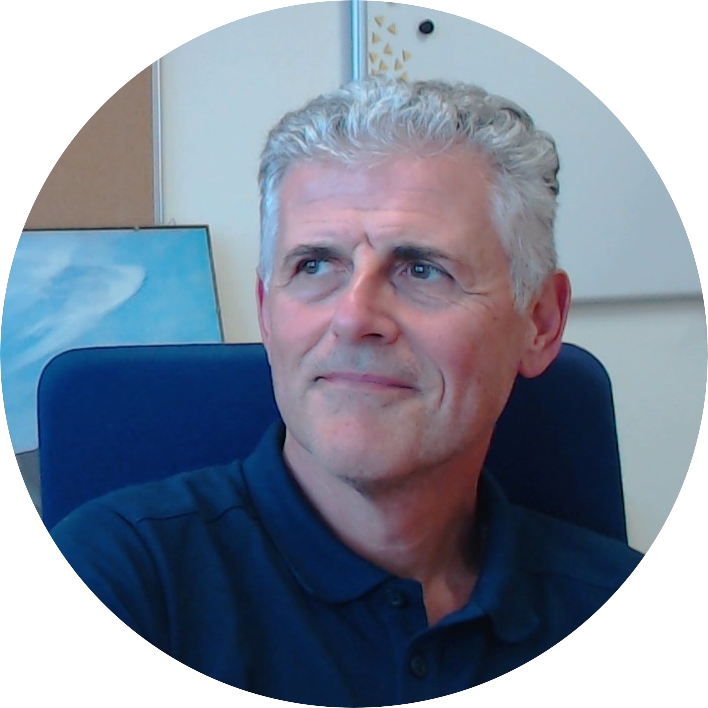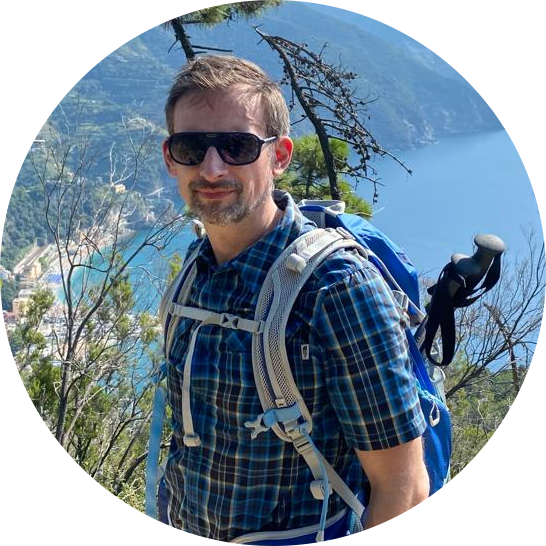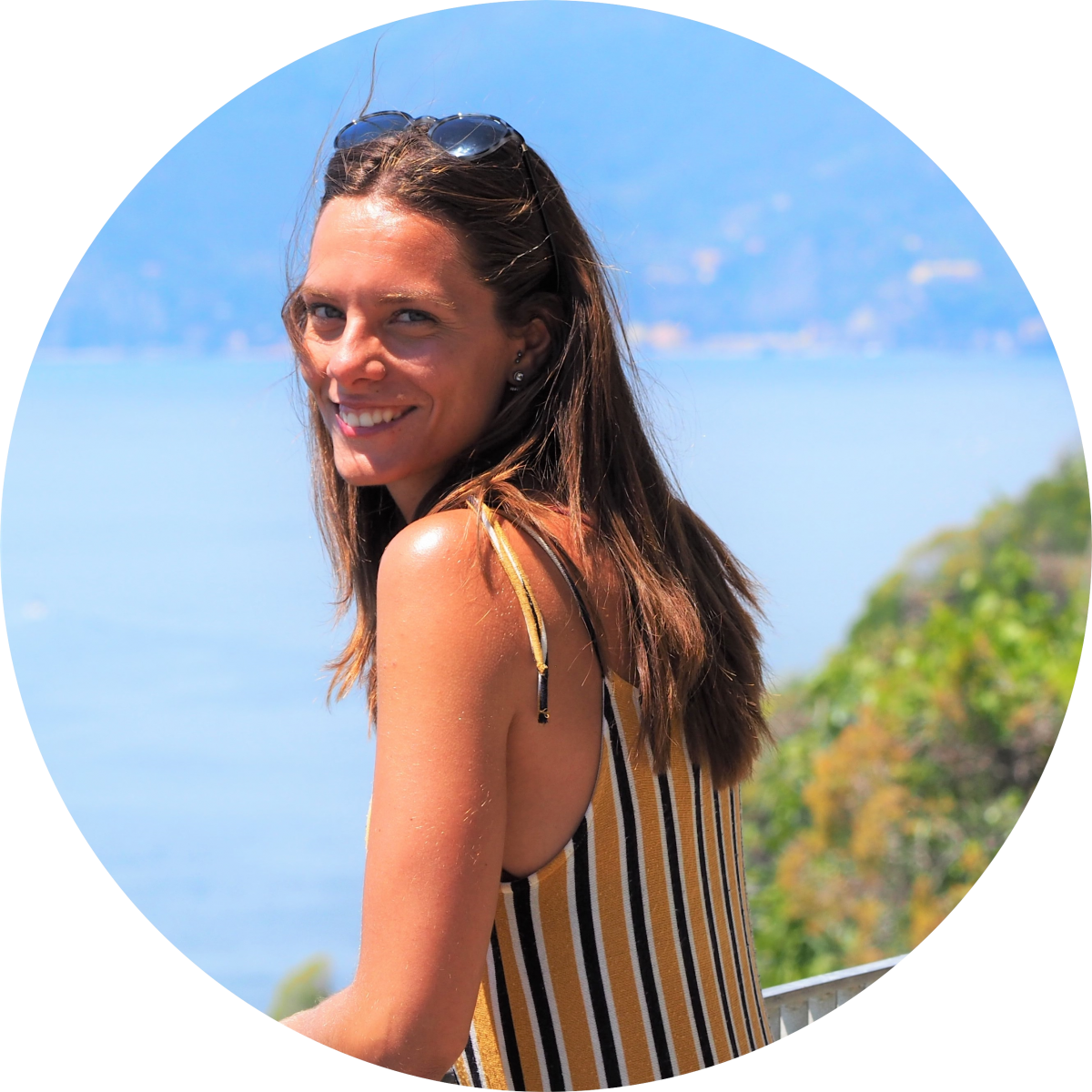The word polymathy refers to wisdom that encompasses knowledge about various fields of science, art or the humanities. A polymath is an individual whose knowledge spans a significant number of subjects. Michele is one of them.
The term was expressed by León Battista Alberti, an Italian Renaissance architect who died in 1472 in Rome, where 488 years later, Michele was born. His family came from northern Italy, but they moved to the capital just before Michele’s birth. That may be why he does not really feel himself as a typical Roman.
On Michele’s night table, there is a tower of books and magazines of all sorts: from astronomy to music, philosophy, bike preparation, sailing, photography and so on.
Professionally, Michele is a mechanical engineer. During his university studies, he was a technical student at CERN and he also got there a Fellowship in 1989. After that, he moved back to Italy, specifically to Frascati, to work at the INFN-LNF on the construction and operation of an accelerator called DAFNE, and where he remained for about seven years.
When he felt that for him the most interesting part of the job was completed, Michele looked for new challenges, and he joined the High Energy Physics Laboratory at Harvard University in Boston (US), where he worked for one CERN experiment proposed by an American collaboration. He did not dislike the idea of remaining in America for a while, but a few months later, he received an offer from CERN to join the LHC construction in the Magnet Group. And, since 1998, Michele is a CERNie.
More than 22 years living in Geneva, which has a good lake, but it has little to do with the sea. Michele loves sailing, but the Lemán is far from the Mediterranean in many aspects, not only in the temperature. He misses sailing to open sea. Also, his big Italian family and the atmosphere of Rome, where you can actually smell the History. The city in which beauty lives on, standing still in time.
To Michele, beauty is something that can not be defined as a general concept because it is too much dependent by personal vision, even by the historical context. He prefers to see beauty as looking at the sources, guided by the characteristics that will provoke specific strong emotional and positive feelings in people. If those feelings are there, whatever reveals them can be considered as beautiful.
Michele’s parents and grandparents used to say that “le vie dell’inferno sono lastricate di buone intenzioni” (the road to hell is paved with good intentions), closely related to this other proverb: “il diavolo è nei dettagli” (the devil is in the details), like in this journalistic profile. Every time he hears them, he suspects again that these sayings are timeless and, the vast majority of the time, right. That is why, perhaps, we should drive to a bit more humility or modest attitude when we dream big. That is Michele’s recommendation.
He wishes that, as an engineer at CERN, he could continue to have interesting jobs, like those that he has been lucky enough to experience so far: he is not someone afraid of changes. In Mémoires d’Hadrien, written by Marguerite Yourcenar in 1951, Hadrien, the emperor of Rome, aged, isolated and with a heart disease, tells to his grandson, the future emperor Marco Aurelio, that his first homelands were books. Michele’s would be his books and magazines.
This Renaissance man, this homo universalis, who dreams of having the time to fully read those magazines, which are like a lighthouse on his night table.



